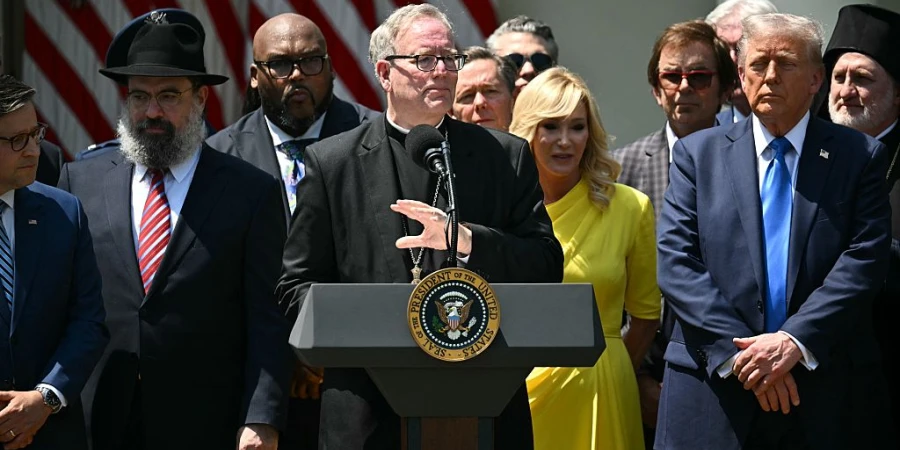Vatican Voices Join Trump's Religious Freedom Task Force: Dolan and Barron Take Pivotal Roles

In a significant move for religious freedom advocacy, two prominent Catholic leaders, Cardinal Timothy Dolan and Bishop Robert Barron, have been selected to serve on a newly established presidential commission focused on protecting religious liberty. The commission, announced by President Trump on May 1st, aims to champion the fundamental right of religious expression and protect faith communities across the United States.
Cardinal Dolan, the Archbishop of New York, and Bishop Barron, known for his influential media ministry and theological insights, bring extensive experience and respected voices to this important national initiative. Their appointment signals a commitment to addressing religious freedom challenges and promoting interfaith dialogue in an increasingly complex social landscape.
The presidential commission represents a strategic effort to safeguard constitutional protections for religious expression and ensure that diverse faith traditions can practice their beliefs without undue interference or discrimination. With these distinguished religious leaders at the forefront, the commission is poised to make meaningful contributions to preserving religious liberty in America.
